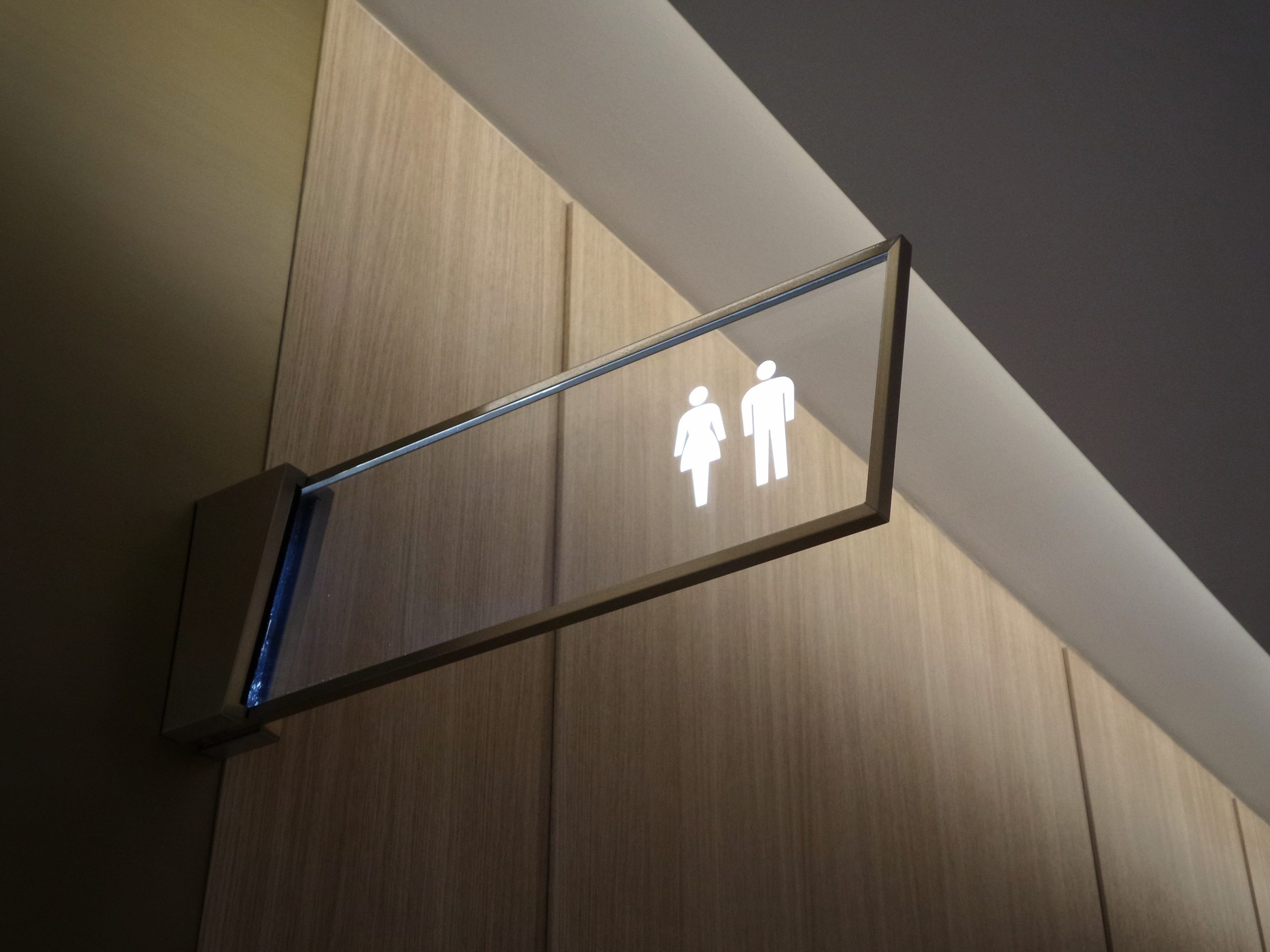
Chris Lieberman, FISM News
[elfsight_social_share_buttons id=”1″]
Kansas lawmakers on Thursday passed a bill requiring people to use the restroom corresponding with their biological sex, overriding a governor’s veto on one of the strictest bathroom bills in the country.
The 84-40 vote in the Kansas House achieved the two-thirds supermajority to override Democratic Gov. Laura Kelly’s veto of Senate Bill 180 by a single vote. Thursday’s vote was preceded the day before by a 28-12 vote in the Senate.
The bill legally defines sex based on an individual’s reproductive anatomy at birth and mandates people to use gender-specific facilities based on their biological sex. It would also prevent people from changing their sex on their birth certificate or driver’s license.
While at least eight other states have laws requiring people to use restrooms based on sex, most legislation only applies to schools. Kansas’ bill extends protections to include locker rooms, prisons, domestic violence shelters, rape crisis centers, and more, making it one of the most expansive pieces of legislation in the country.
Republicans were able to achieve the necessary House supermajority with the help of Rep. Jesse Borjon. The Topeka Republican voted against the bill when it initially passed through the legislature, but opted to support the bill on the override after feedback from voters.
“Personally, I’m not on board with the bill 100% but it is not about what I want, it is about what my constituents in my district want,” Borjon told reporters following Thursday’s vote. “So that is why I felt the need to change my vote.”
Despite the bill’s passage, major questions remain as to how and if it will be enforced. The brief law, less than two full pages in length, does not create a new crime, establish any criminal penalties or fines for violations, or even say that a person has the right to sue someone for using a restroom that does not align with their biological sex.
Kansas Senate President Ty Masterson said that the law will not prevent all transgender people from using the bathroom based on their gender identity, but will enable law enforcement to intervene in cases of harassment.
“To a large degree, those that choose that lifestyle, if they are discreet about it, I imagine it is going to happen,” Masterson told reporters Tuesday. “But I think what is great about having a law in place if you do have those harasser-type situations, it is against the law, and law enforcement can protect the innocent.”
Critics claim the law’s vagueness puts transgender people at risk.
“The lack of clarity is by design because it allows them to disclaim the worst possible interpretation while also allowing for the worst possible outcome to happen,” Micah Kubic, the executive director of the American Civil Liberties Union of Kansas, told the AP.
Supporters of the bill say that the legislation will help protect women in sex-segregated spaces.
“Women want to have safety when they go into a female space,” Rep. Brenda Landwehr (R) said on the House floor.
For the last 150 years, women have fought for rights. For the right to vote, for the right to own property, for the right to drive, for the right to equal pay and we’re still working on that one. And now we’re being told by some people today that women’s rights don’t matter.
Riley Gaines, a former NCAA swimmer and advocate for the protection of women’s sports, also weighed in:
Today is a huge win for Kansas women! I applaud the Legislature for their leadership and commitment to protecting the sex-based rights of women. As a woman and a female athlete, I can attest first hand to the importance of women having private spaces when safety and fairness are at risk. Now that the Women’s Bill of Rights will be Kansas law, women have clarity that when they enter a space labeled for ‘women’, biological men will not be inside.
